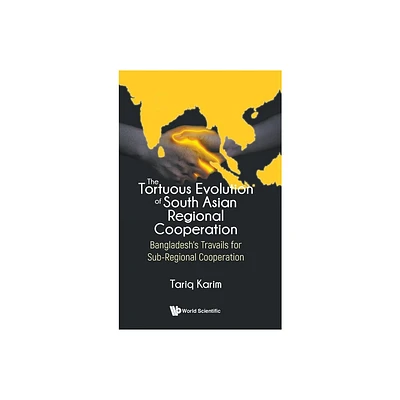Home
A Darwinian Left: Politics, Evolution and Cooperation
Loading Inventory...
Barnes and Noble
A Darwinian Left: Politics, Evolution and Cooperation
Current price: $22.00


Barnes and Noble
A Darwinian Left: Politics, Evolution and Cooperation
Current price: $22.00
Loading Inventory...
Size: OS
*Product Information may vary - to confirm product availability, pricing, and additional information please contact Barnes and Noble
In this ground-breaking book, a renowned bioethicist argues that the political left must radically revise its outdated view of human nature. He shows how the insights of modern evolutionary theory, particularly on the evolution of cooperation, can help the left attain its social and political goals.
Singer explains why the left originally rejected Darwinian thought and why these reasons are no longer viable. He discusses how twentieth-century thinking has transformed our understanding of Darwinian evolution, showing that it is compatible with cooperation as well as competition, and that the left can draw on this modern understanding to foster cooperation for socially desirable ends. A Darwinian left, says Singer, would still be on the side of the weak, poor, and oppressed, but it would have a better understanding of what social and economic changes would really work to benefit them. It would also work toward a higher moral status for nonhuman animals and a less anthropocentric view of our dominance over nature.
Singer explains why the left originally rejected Darwinian thought and why these reasons are no longer viable. He discusses how twentieth-century thinking has transformed our understanding of Darwinian evolution, showing that it is compatible with cooperation as well as competition, and that the left can draw on this modern understanding to foster cooperation for socially desirable ends. A Darwinian left, says Singer, would still be on the side of the weak, poor, and oppressed, but it would have a better understanding of what social and economic changes would really work to benefit them. It would also work toward a higher moral status for nonhuman animals and a less anthropocentric view of our dominance over nature.


















